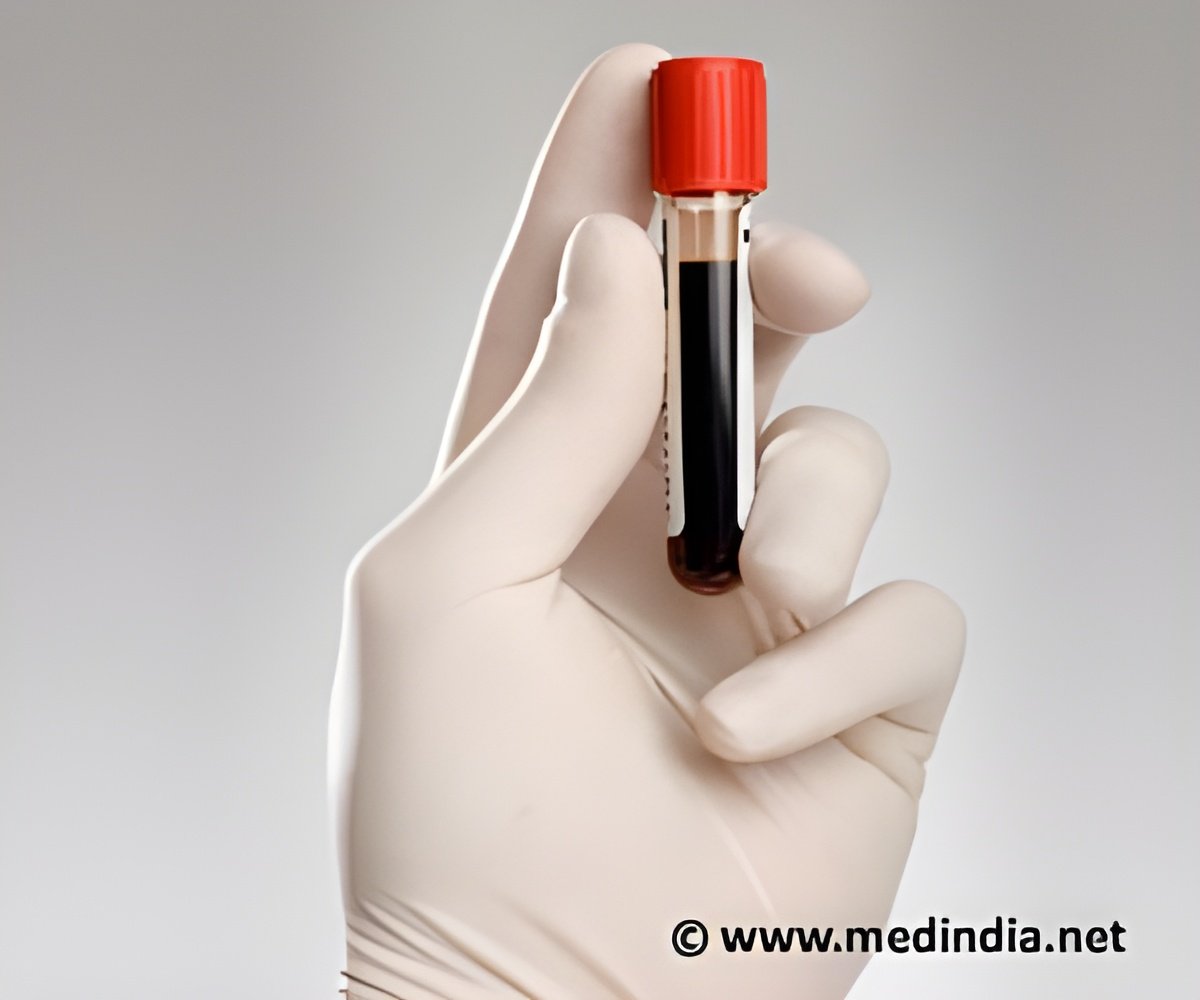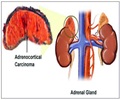
Pheochromocytomas are rare, usually noncancerous tumors that form inside the adrenal glands, while paragangliomas are similar tumors that develop outside the glands. The tumors cause the body to produce excess amounts of the hormones epinephrine – commonly known as adrenaline – and norepinephrine, which is involved in regulating blood pressure. Symptoms of these tumors include high blood pressure, episodic severe headaches, excess sweating, racing heart, feelings of anxiety and trembling.
Experts estimate between 0.1 and 1 percent of patients treated for high blood pressure have pheochromocytomas, according to the National Institutes of Health's National Cancer Institute.
"Correctly diagnosing pheochromocytomas and paragangliomas is extremely important," said Jacques W.M. Lenders, MD, PhD, FRCP, of Radboud University in Nijmegen, the Netherlands, and chair of the task force that authored the guideline. "In addition to the strain these tumors put on the cardiovascular system, between 10 and 17 percent of the tumors can become malignant. Researchers have discovered that at least a third of people with these conditions have a disease-causing genetic mutation, so early detection can benefit family members who may be at risk."
In the CPG, the Endocrine Society recommends that initial testing for pheochromocytomas and paragangliomas include blood or urine tests for metanephrines – the products left behind when the body metabolizes epinephrine and norepinephrine. Research has shown blood and urine testing for metanephrines are more effective at identifying patients who have pheochromocytomas or paragangliomas than other testing techniques.
Other recommendations from the CPG include:
- People who are diagnosed with pheochromocytomas or paragangliomas should be involved in a shared decision-making process with their physicians to evaluate the need for genetic testing;
- A diagnostic algorithm that takes into account risk factors such as age at tumor presentation and family history should be used to establish which patients would benefit most from genetic testing and which specific gene mutations to test for;
- People with paragangliomas and those diagnosed with metastatic tumors should be tested for specific gene mutations associated with those conditions;
- Computed tomography can be used as the first choice imaging technology for determining the location of pheochromocytomas or paragangliomas for surgical treatment;
- MRI imaging technology is to be used in specific situations, including for patients who have metastatic tumors, for detecting head and neck paragangliomas and for patients in whom radiation exposure should be limited; and
- Another imaging technology, 18F-fluorodeoxyglucose-positron emission tomography/computed tomography, can be used in patients with metastatic tumors.
Advertisement















